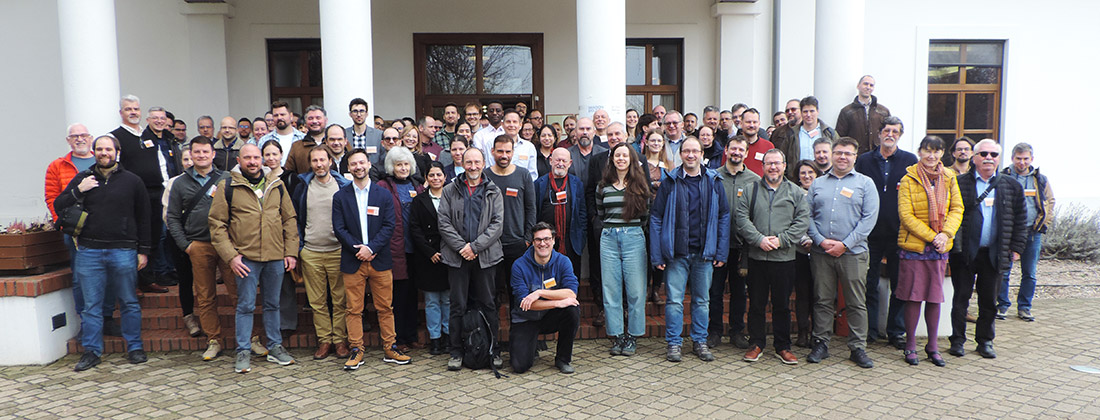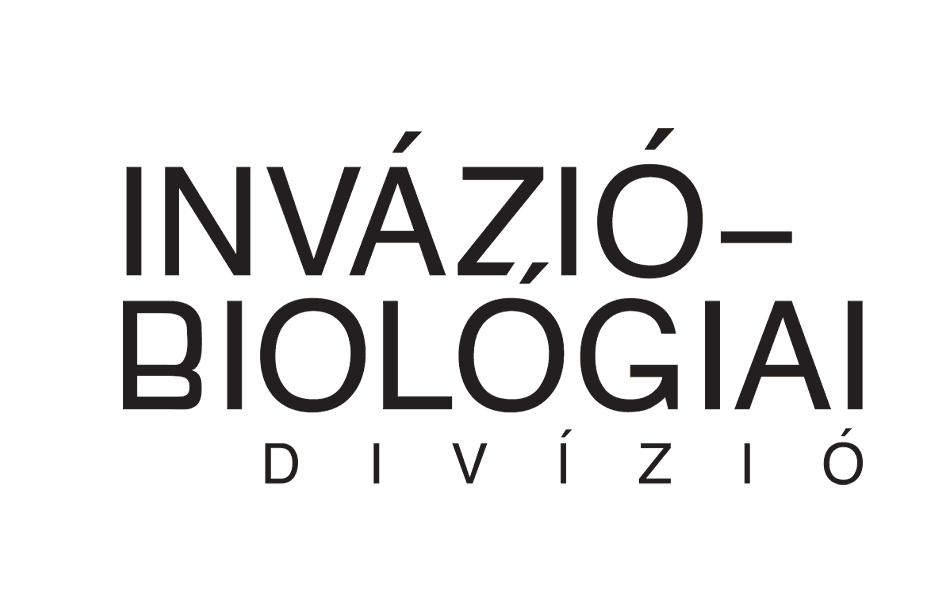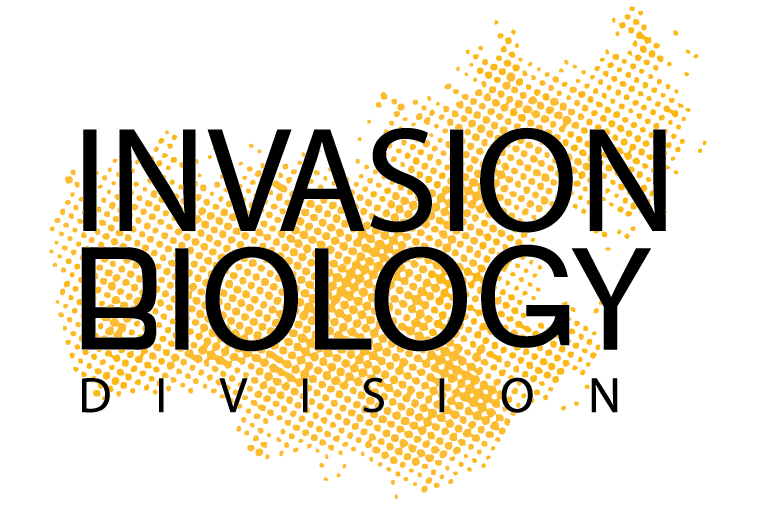The 1st Conference on Invasion Biology and One Biosecurity

The “first of its kind” conference in Hungary enabled nationwide and international discussion on invasive alien species – a cohesive action plan is finally on the horizon
The conference took place in Sarlóspuszta, Hungary between 26 and 28 February 2025, organised by the HUN-REN Centre for Ecological Research and the Invasion Biology Division of NLHS. It was aimed to foster knowledge exchange and proactivity among researchers, practitioners, and policymakers on managing invasive species through the interdisciplinary “One Biosecurity” framework. This approach integrates plant, animal, human, and environmental health to mitigate the impacts of biological invasions.
On the first day, the “One Biosecurity” concept was introduced by the day’s plenary speaker, Dr. Philip Hulme, a distinguished professor of plant biosecurity at Lincoln University, New Zealand. He highlighted its potential to unify decision-making across sectors for better biosecurity outcomes while emphasizing its holistic approach to biosecurity threats. Speakers of the day presented their studies on such threats imposed by human, animal and plant parasites and their vectors, such as alien mosquito species and their spread diseases or fungal diseases of plants, as well as invasive species with a high risk to native animals and environmental health, i.e., the raccoon and the raccoon dog, or released exotic pet fish and reptile species.
The second day featured scientific presentations on invasion biology topics such as spread mechanisms, monitoring and control, ecological roles, and socio-economic impacts. Dr. Petr Pyšek, a senior research scientist at the Czech Academy of Sciences, and Dr. Piero Genovesi, chair at the IUCN SSC Invasive Species Specialist Group, delivered plenary talks on cutting-edge research and control methods. Dr. Petr Pyšek’s presentation focused on mechanisms of species invasiveness and global biogeography of alien floras. Whereas Dr. Piero Genovesi discussed strategies for controlling invasive species and related policymaking. Some of the highlights from other speakers were mapping the spread of invasive plant species and using AI technology for maximising efficiency; unintentional dispersal of plant seeds; targeted control of invasive trees; biological control of insect pests; the control issues with the coypu and alien aquatic macrofauna, the damage they cause, and the potential to reduce the impact of invasive fish with the reintroduction of beavers.
Finally, the third day was comprised of a day-long workshop that facilitated collaboration between researchers and practitioners from various fields, focusing on co-producing actionable knowledge for managing invasive species effectively. One of their conclusions was that involving and helping the lay public in reporting and managing invasions is as important as cooperating with farmers, foresters, gardeners, and other related professionals. Understanding and mitigating the spread of alien species requires a combined effort from all layers of society, and finding the appropriate channels of communication to each layer is a key factor in doing so.
In summary, the conference emphasized the importance of prioritising invasive species management efforts on high-risk, early-stage invasions. Geographic context was highlighted as crucial, with island nations better focusing on border controls and mainland countries with open borders, like Hungary, are advised to prioritise nationwide monitoring focusing on high-risk hubs of travel and trade. Key recommendations included legislative improvements, increased government support and investment, multi-stakeholder and sectorial collaboration, education on biosecurity in schools, and the use of clear terminology in media.
A key conference goal was translating the One Biosecurity concept into Hungarian to ensure effective communication through media channels. The result is “ökobiztonság” which translates to “Eco-Security” in English – a much more widely understood term in Hungarian that, with the right contextualisation, can also cover the unified concept of the protection of plant, animal, human, and environmental health.
Book of Abstracts »
One Biosecurity workshop, Mentimeter results »



